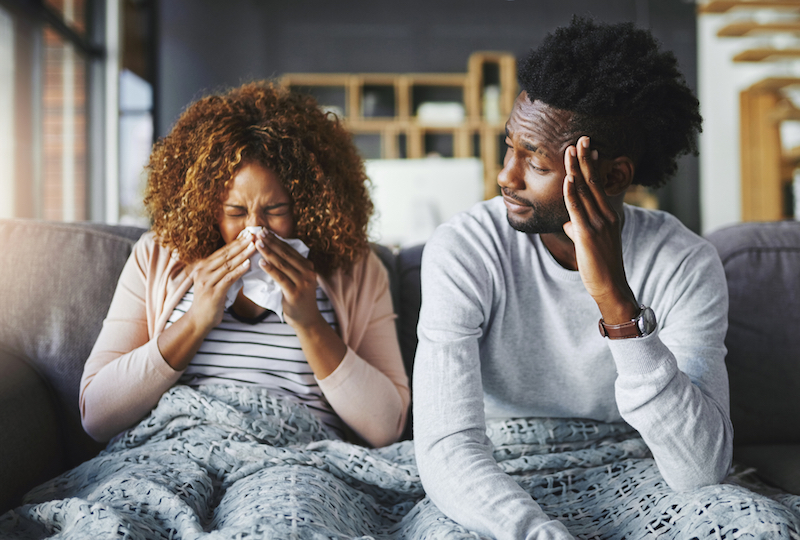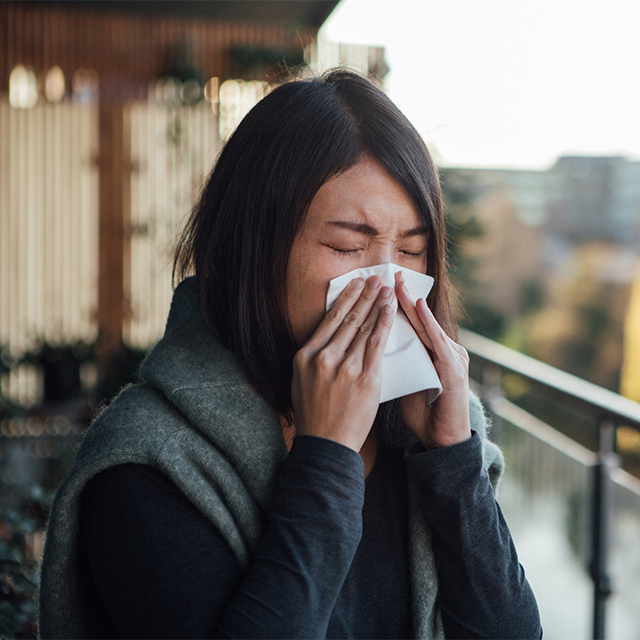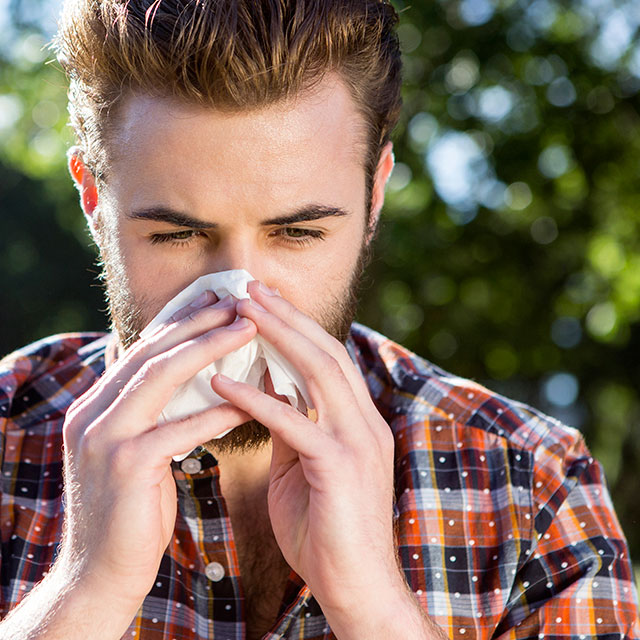If you have symptoms year-round and an antihistamine isn’t enough, consider this powerful treatment.
Pets, the great outdoors, the changing of the seasons — these are all things that can bring on sneezing, sniffling, stuffy nose, watery eyes and wheezing. Antihistamines offer an immediate, short-term option, but allergy shots might be a better choice to curtail symptoms and even cure your allergies. We asked Dr. David Hagaman at Vanderbilt’s Asthma, Sinus & Allergy Program about this extremely effective therapy.
Who should get allergy shots?
Allergies can be treated in three ways. You can either avoid whatever makes you miserable, take antihistamine medication, or, if you don’t mind needles, try allergen immunotherapy. “The way that I treat my patients is that we always try medicine and avoidance first,” Hagaman said. “Then we reserve shots for the patients who don’t respond to medicine and avoidance or for those folks who don’t want to take much medicine — either because of side effects or inconvenience.”
Do allergy shots really work?
Allergy shots are a possible cure for allergies, whereas other remedies offer only temporary symptom relief. “They are absolutely very effective,” Hagaman said. “It’s been proven over and over that these shots will work if you give the patient a high enough dosage and for the right things.” Allergy shots are appropriate if you have household, seasonal, animal dander or insect sting allergies. They do not work for food allergies.
What is the commitment level?
Unlike popping a pill, getting allergy shots is more time consuming in both the short and long term. When starting allergy immunotherapy, you’ll undergo a build-up phase. That’s where you’ll start a very low dosage that slowly increases over the next two or three months. During that time, you’ll get your shots twice a week. You’ll also be required to spend 30 minutes or more at your doctor’s office after you receive your shot. Once that phase is complete, then you’ll get a shot just twice a month. But you’ll still need to spend at least 30 minutes at the clinic.
For maximum effectiveness, you will need to take allergy shots for three to five years. “It is a big commitment,” Hagaman said. Vanderbilt does offer a rush immunotherapy program for some patients who are looking to speed up the build-up phase. “It’s a lot easier to get shots twice a month than twice a week,” he said.
Are allergy shots safe?
Patients must wait 30 minutes after receiving an allergy shot just in case they have a reaction to the small amounts of allergens that are injected. “If they’re going to have a reaction, it will happen during that time, and we’ll be able to treat them while they’re in the office,” Hagaman explained.
How much do allergy shots cost?
Thankfully, insurance companies realize the benefits of allergy shots, and most of them are open to covering immunotherapy as a benefit.
Can allergy immunotherapy help with asthma?
If someone has allergy-induced asthma and receives allergy shots, it could improve his or her asthma symptoms. For children, shots could make a world of difference.
“If you start an allergic child on immunotherapy,” Hagaman said, “oftentimes you can go on and prevent them from having asthma.”

Need help?
Considering allergy shots or getting tested for allergies? Visit the Vanderbilt Asthma, Sinus and Allergy Program for an evaluation and the most up-to-date treatment recommendations. Call 615-936-2727 for an appointment.




